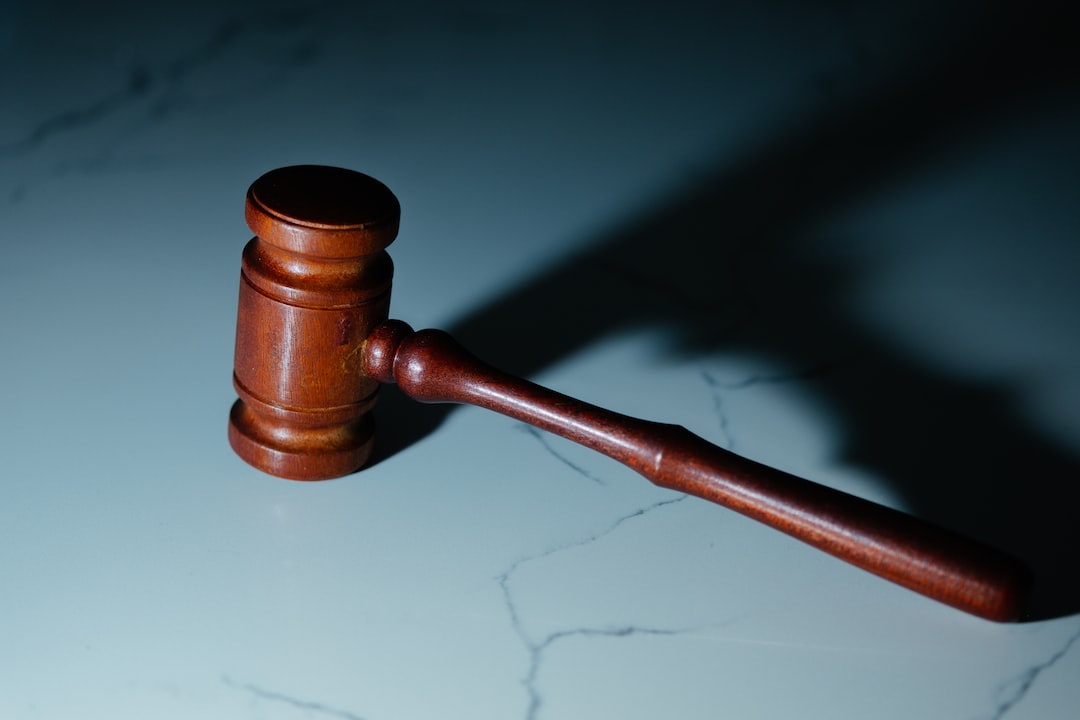Analyzing the Criminal Justice System: Police Procedures, Prosecution, and Sentencing
The criminal justice system plays a crucial role in maintaining law and order in society. It is responsible for apprehending criminals, prosecuting them, and imposing appropriate sentences. However, this system is not without its flaws and controversies. In this blog post, we will examine the various components of the criminal justice system, focusing on police procedures, prosecution, and sentencing.
Police Procedures:
The first step in the criminal justice process is generally the involvement of law enforcement agencies. Police procedures include the investigation, arrest, and interrogation of suspects. While police officers are tasked with upholding the law and protecting citizens, there have been instances where their actions have come under scrutiny.
One area of concern is the use of force by police officers. Incidents of excessive force or police brutality have raised questions about the integrity of law enforcement agencies. To address this issue, many jurisdictions have implemented body-worn cameras for officers, ensuring transparency and accountability in their actions.
Moreover, racial profiling remains a pervasive concern within police procedures. Minorities often claim to be unfairly targeted by law enforcement solely based on their race or ethnicity. Increasing efforts have been made to eradicate racial biases, including training programs and revised guidelines.
Prosecution:
After suspects are apprehended by the police, the responsibility of prosecution falls on the judiciary. Prosecutors play a vital role in determining the outcome of criminal cases. However, their discretion and decision-making ability have faced criticism, primarily regarding the selection of charges and plea bargaining.
Prosecutors have broad authority in charging decisions, which means they can determine the severity of charges filed against an accused individual. Critics argue that this discretion can lead to inconsistent outcomes, as different prosecutors may handle similar cases differently. To address this concern, some states have implemented sentencing guidelines to ensure consistency and fairness.
Additionally, the plea bargaining process raises questions about the efficacy of the criminal justice system. Over 90% of criminal cases end in plea bargains, where the accused agrees to plead guilty in exchange for a reduced sentence or charges. Critics argue that this practice may be coercive, as defendants might feel pressured to accept a plea deal regardless of their guilt or innocence. Ensuring adequate legal representation for defendants is essential to address this issue and ensure a fair justice system.
Sentencing:
The final aspect of the criminal justice system we will discuss is sentencing. Once a defendant has been found guilty or has pleaded guilty through a plea bargain, the judge determines the appropriate punishment. Sentencing aims to serve both as a deterrent and a form of retribution. However, concerns arise regarding disparities in sentencing based on factors such as socioeconomic status, race, and gender.
The issue of mandatory minimum sentences is particularly contentious. These sentences require judges to impose a fixed minimum prison term for certain offenses, limiting their discretion. Critics argue that mandatory minimum sentences can lead to disproportionately harsh punishments, particularly for non-violent offenses, and contribute to prison overcrowding. Many jurisdictions are now reconsidering these sentencing practices to promote more equitable outcomes.
In conclusion, analyzing the criminal justice system reveals several areas of concern, ranging from police procedures to prosecution and sentencing. While efforts have been made to address these issues, there is still work to be done. Striving for transparency, fairness, and equal treatment under the law is essential to ensure a just and effective criminal justice system.

